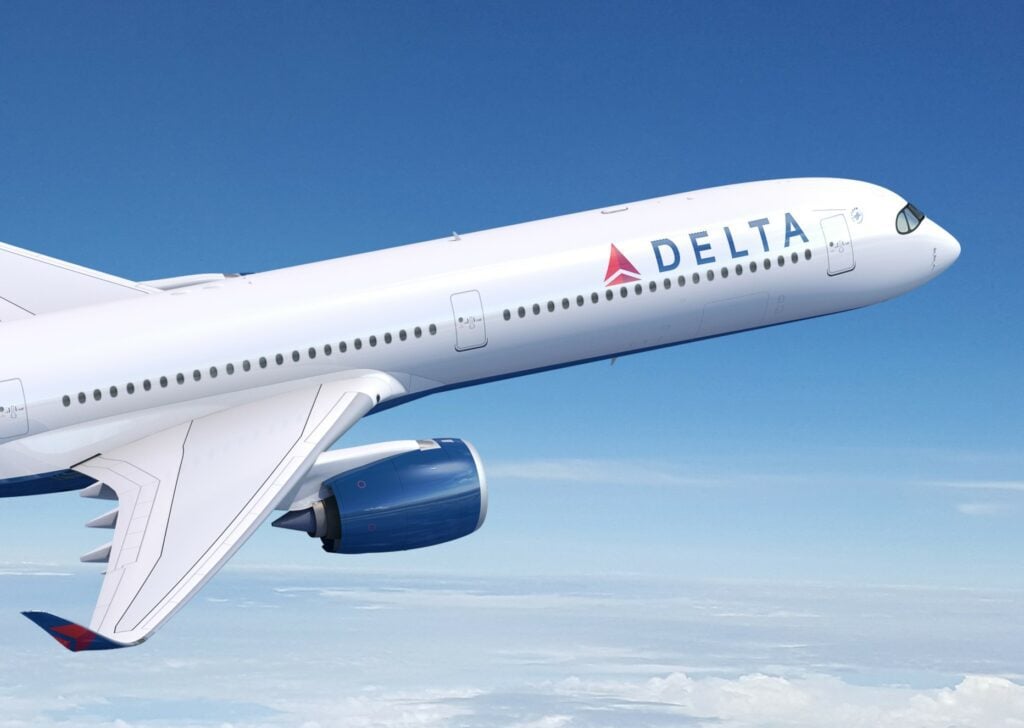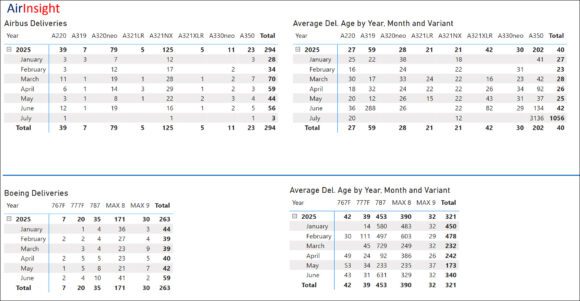
a350 1000rendition kopie
This order was expected a year ago, and at last, here we are: Delta Air Lines ordered 20 Airbus A350-1000s and took another 20 options. There had been chatter about more A330-900s also. This model was not ordered, and we think the reason is that several are about to become available on the second-hand market. Brazil’s AZUL is offloading its A350s in favor of A330-900s. Iberia already snapped up two of these A350s.
Delta has previously benefitted from a similar move to release A350s at LATAM. Ever opportunistic and financially strong, Delta’s fleet acquisitions are smart moves. Last year, Delta acquired over 30 737-900ERs from Lion Air. It was smart to acquire capacity at optimal pricing and minimal disruption.
Back to the A350-1000 deal. United was supposed to be the first US operator of the A350-1000. That order, although still listed as one for 45 A350-900s since 2017, languished for years and may have morphed into the A321neo order. British Airways, Virgin Atlantic, and Cathay Pacific operate the A350-1000 to replace 747s. There are other major operators, too, such as Qatar Airways.
The most impressive A350-1000 move to date is Qantas, with an order for a dozen to operate its Project Sunrise, plus another 12 ordered in December to replace the A380 in the long term.
Special group
Delta is, therefore, joining a special group of airlines operating this aircraft. The global fleet is not big (81) but growing as Airbus still has 171 in the current backlog as of December 31, 2023. And it has many big-name operators. “The A350-1000 will be the largest, most capable aircraft in Delta’s fleet and is an important step forward for our international expansion,” said Ed Bastian, Delta’s chief executive officer. “The aircraft complements our fleet and offers an elevated customer experience, with more premium seats and best-in-class amenities, as well as expanded cargo capabilities.”
Glen Hauenstein, Delta’s president, commented on the airline’s latest results “With strong demand for international travel and a positive inflection in the domestic environment, we expect March quarter adjusted revenue to be 3 to 6 percent higher than the prior year.” Added to this is something Delta has been talking about several times last year – Premium revenue grew 15 percent versus the December quarter 2022 on record paid load factors, outperforming Main Cabin.
Therefore, what should an airline do if one looks at the market growth, especially international long hauls and the “buying up” for premium seats? It seems logical to acquire larger aircraft to deliver what the market wants. Moreover, Delta’s first A350-1000 is due in 2026, a rather quick delivery given the paucity of slots. Delta reiterates the reasons for this acquisition in its results statement: “more premium seating and greater cargo capabilities.”
Views: 31




